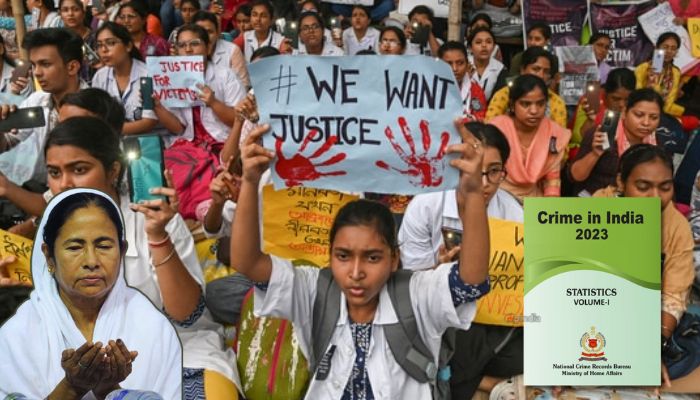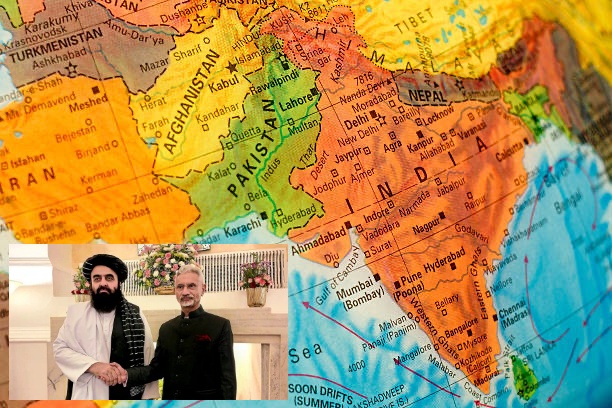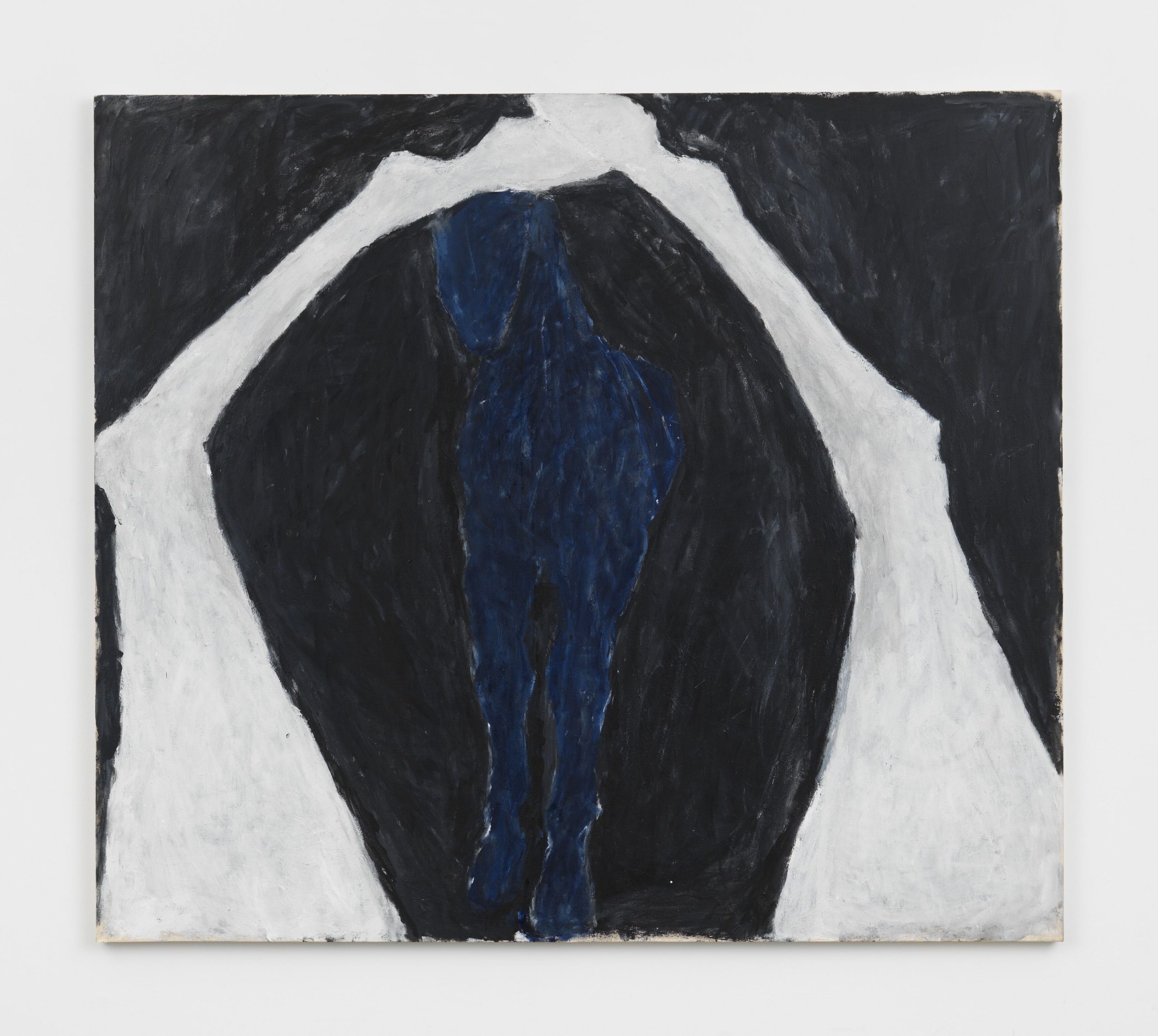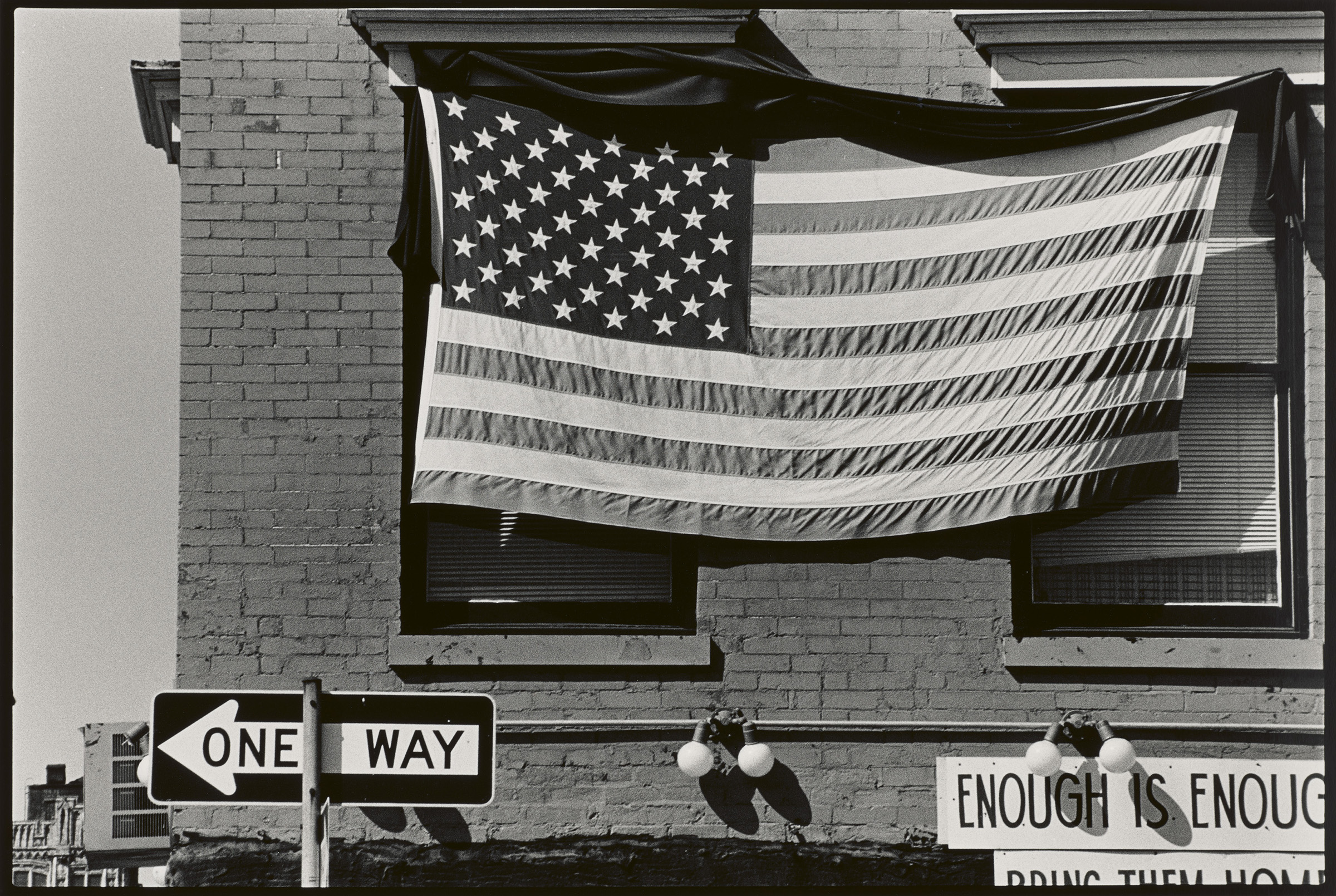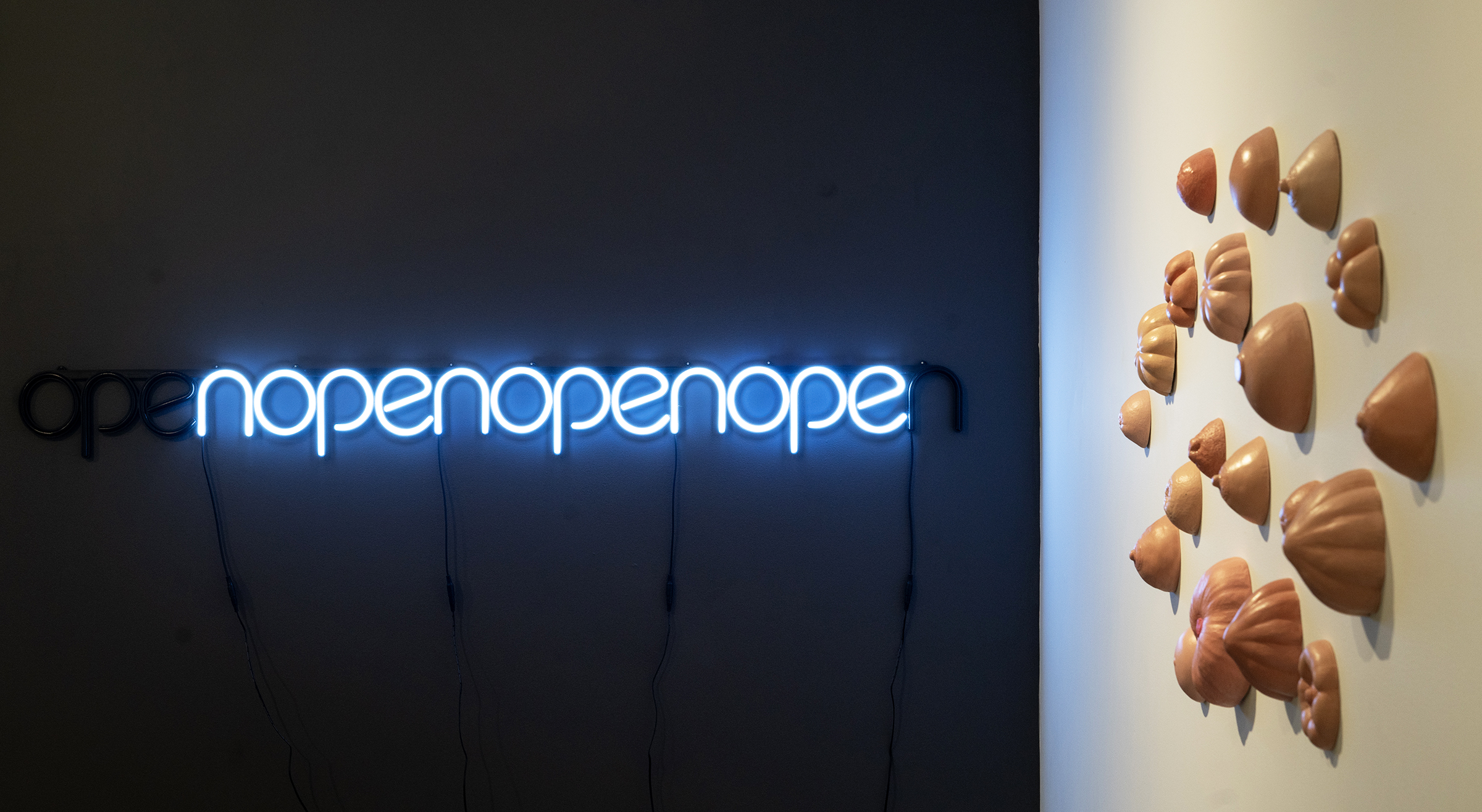What is the Taliban’s connection with Darul Uloom Deoband in UP’s Saharanpur? Taliban means ‘students’ and Deoband is their ‘school’
Today, on 11 October, Afghanistan’s acting Foreign Minister Amir Khan Muttaqi of the Taliban government visited the Darul Uloom Deoband seminary. Muttaqi’s India visit is already under the spotlight, because it is first ‘diplomatic’ visit of the Taliban government after their 2021 takeover of the country. Muttaqi even got a temporary relief from the UNSC sanctions against him, for his visit to India. Muttaqi had arrived in Delhi on Thursday, October 9, after UN Security Council granted him a temporary waiver from travel sanctions from 9 to 16 October. Muttaqi has been meeting with Indian diplomats, including EAM Jaishankar, and even hosted a press conference in the Afghan Embassy in Delhi. Just before Muttaqi’s visit India had upgraded the status of its Kabul mission to ‘embassy’. At the Darul Uloom Deoband in Saharanpur, Uttar Pradesh, Muttaqi was welcomed by hundreds of Muslims, clerics, students and Islamic leaders. The five-hour visit included meetings with seminary rector Mufti Abul Qasim Nomani and Jamiat Ulama-e-Hind president Maulana Arshad Madani, alongside interactions with Afghan students and a tour of the campus library. Afghan FM Muttaqi at Darul Uloom Deoband, in a historic first pic.twitter.com/qAZ8g4fUIB— Sidhant Sibal (@sidhant) October 11, 2025 Muttaqi addressed a public gathering, reciting verses from the Quran and praising Deoband’s “deep-rooted ties” with Afghanistan’s Islamic heritage. He emphasised the seminary’s role in shaping Taliban ideology, drawing parallels to its anti-colonial origins in 1866. #WATCH | Saharanpur, UP | After meeting Afghanistan Foreign Minister Amir Khan Muttaqi, Jamiat Ulema-e-Hind President Maulana Arshad Madani says, "… I told him that our ties with you are not just academic. You contributed to the independence of India. Our forefathers chose the… pic.twitter.com/pQkLZufGcq— ANI (@ANI) October 11, 2025 Speaking to the media after meeting Muttaqi, Jamiat Ulema-e-Hind President Maulana Arshad Madani stated, “I told him that our ties with you are not just academic. You contributed to the independence of India. Our forefathers chose the land for Afghanistan to fight for India’s independence… For your independence, you defeated powers like America and Russia. You learnt from us how to do that when we defeated Britain. I told him (Afghan FM Amir Khan Muttaqi) that this meeting shows how the Muslims of India and the Darul Uloom Deoband have deep ties with you. There should be harmony within the nations of the world, irrespective of their religion. We had no political discussion. The relations between the two nations will improve. India has had complaints that Afghanistan sent terrorists to India. Now, after this meeting, it is confirmed that no terrorists will come to India from Afghanistan.” The Darul Uloom Deoband is the ideological alma mater of the Taliban. Taliban was founded on the Deobandi school of Sunni Islam, an ideology that started from the very seminary in Saharanpur, founded in 1866. Established in the aftermath of the 1857 Indian Rebellion against British colonial rule, the seminary aimed to preserve orthodox Hanafi ideals, theology, and traditional Islamic teachings amid cultural and political pressures in the colonial times. The founders of Deoband, including Muhammad Qasim Nanautavi and Rashid Ahmad Gangohi, emphasized returning to core Islamic principles to resist foreign influence, which later influenced anti-imperialist and jihadist strains of the movement. In between 1913 and 1920, Deobandi scholars engaged in ideological diplomacy, establishing connections with Afghanistan, the Ottoman Empire, and the German Empire to challenge the British in India. From the early twentieth century period itself, Afghan students thronged to UP, getting their Islamic qualifications here and going back to establish madrasas and other institutions in Afghanistan. Before and after India’s partition, the Deobandi began spreading to other parts of South Asia, especially Pakistan and Afghanistan. Deoband clerics went to estabilish madarsas in both nations, training generations of Sunni Muslim children with their ideology. In Pakistan, Muhammad Zia-ul-Haq’s Islamisation policies in the 1980s resulted in Deobandi institutions proliferating along the Afghan border, blending with Wahhabi influences from Saudi funding during the Soviet-Afghan War in the same period. This particular period, and blending of Deobandi ideologies with Saudi Arabian Wahabi influence, is what created the Taliban in the coming years. Taliban’s strict interpretation of Sharia, combining Deobandi fundamentalism with Pashtun tribal codes, emphasises absolute clerical authority, strict gender segregation, and violent enforcement against perceived deviations from Islam. Many Taliban leaders have been students of Deobandi madrasas The Taliban’s direct connection to Darul Uloom Deoband is through a network of affiliated madrasas in Pakistan,
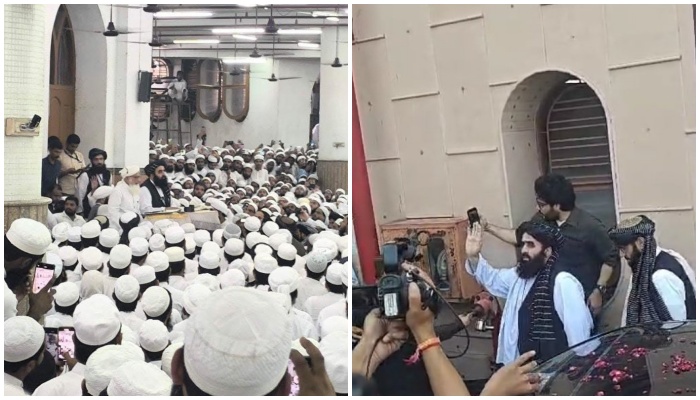


Today, on 11 October, Afghanistan’s acting Foreign Minister Amir Khan Muttaqi of the Taliban government visited the Darul Uloom Deoband seminary. Muttaqi’s India visit is already under the spotlight, because it is first ‘diplomatic’ visit of the Taliban government after their 2021 takeover of the country.
Muttaqi even got a temporary relief from the UNSC sanctions against him, for his visit to India. Muttaqi had arrived in Delhi on Thursday, October 9, after UN Security Council granted him a temporary waiver from travel sanctions from 9 to 16 October.
Muttaqi has been meeting with Indian diplomats, including EAM Jaishankar, and even hosted a press conference in the Afghan Embassy in Delhi. Just before Muttaqi’s visit India had upgraded the status of its Kabul mission to ‘embassy’.
At the Darul Uloom Deoband in Saharanpur, Uttar Pradesh, Muttaqi was welcomed by hundreds of Muslims, clerics, students and Islamic leaders. The five-hour visit included meetings with seminary rector Mufti Abul Qasim Nomani and Jamiat Ulama-e-Hind president Maulana Arshad Madani, alongside interactions with Afghan students and a tour of the campus library.
Afghan FM Muttaqi at Darul Uloom Deoband, in a historic first pic.twitter.com/qAZ8g4fUIB
— Sidhant Sibal (@sidhant) October 11, 2025
Muttaqi addressed a public gathering, reciting verses from the Quran and praising Deoband’s “deep-rooted ties” with Afghanistan’s Islamic heritage. He emphasised the seminary’s role in shaping Taliban ideology, drawing parallels to its anti-colonial origins in 1866.
#WATCH | Saharanpur, UP | After meeting Afghanistan Foreign Minister Amir Khan Muttaqi, Jamiat Ulema-e-Hind President Maulana Arshad Madani says, "… I told him that our ties with you are not just academic. You contributed to the independence of India. Our forefathers chose the… pic.twitter.com/pQkLZufGcq
— ANI (@ANI) October 11, 2025
Speaking to the media after meeting Muttaqi, Jamiat Ulema-e-Hind President Maulana Arshad Madani stated, “I told him that our ties with you are not just academic. You contributed to the independence of India. Our forefathers chose the land for Afghanistan to fight for India’s independence… For your independence, you defeated powers like America and Russia. You learnt from us how to do that when we defeated Britain. I told him (Afghan FM Amir Khan Muttaqi) that this meeting shows how the Muslims of India and the Darul Uloom Deoband have deep ties with you. There should be harmony within the nations of the world, irrespective of their religion. We had no political discussion. The relations between the two nations will improve. India has had complaints that Afghanistan sent terrorists to India. Now, after this meeting, it is confirmed that no terrorists will come to India from Afghanistan.”
The Darul Uloom Deoband is the ideological alma mater of the Taliban. Taliban was founded on the Deobandi school of Sunni Islam, an ideology that started from the very seminary in Saharanpur, founded in 1866.
Established in the aftermath of the 1857 Indian Rebellion against British colonial rule, the seminary aimed to preserve orthodox Hanafi ideals, theology, and traditional Islamic teachings amid cultural and political pressures in the colonial times.
The founders of Deoband, including Muhammad Qasim Nanautavi and Rashid Ahmad Gangohi, emphasized returning to core Islamic principles to resist foreign influence, which later influenced anti-imperialist and jihadist strains of the movement.
In between 1913 and 1920, Deobandi scholars engaged in ideological diplomacy, establishing connections with Afghanistan, the Ottoman Empire, and the German Empire to challenge the British in India. From the early twentieth century period itself, Afghan students thronged to UP, getting their Islamic qualifications here and going back to establish madrasas and other institutions in Afghanistan.
Before and after India’s partition, the Deobandi began spreading to other parts of South Asia, especially Pakistan and Afghanistan. Deoband clerics went to estabilish madarsas in both nations, training generations of Sunni Muslim children with their ideology.
In Pakistan, Muhammad Zia-ul-Haq’s Islamisation policies in the 1980s resulted in Deobandi institutions proliferating along the Afghan border, blending with Wahhabi influences from Saudi funding during the Soviet-Afghan War in the same period.
This particular period, and blending of Deobandi ideologies with Saudi Arabian Wahabi influence, is what created the Taliban in the coming years.
Taliban’s strict interpretation of Sharia, combining Deobandi fundamentalism with Pashtun tribal codes, emphasises absolute clerical authority, strict gender segregation, and violent enforcement against perceived deviations from Islam.
Many Taliban leaders have been students of Deobandi madrasas
The Taliban’s direct connection to Darul Uloom Deoband is through a network of affiliated madrasas in Pakistan, rather than the Indian seminary itself. Many Taliban leaders, including founder Mullah Mohammed Omar, studied at Deobandi institutions like Darul Uloom Haqqania in Akora Khattak, Pakistan.
The Darul Uloom Haqqania in Pakistan is often called the ‘University of Jihad’. This madrasa was founded by Maulana Abdul Haq, a pre-partition alumnus and teacher at Darul Uloom Deoband, and led by his son, Sami-ul-Haq, a key Taliban supporter who mobilised students for the Afghan ‘jihad’ in the coming years.
The proliferating madrasas along the Pakistan-Afghan border were further helped by the Pakistan’s ISI. As per reports, Pakistan’s Inter-Services Intelligence (ISI) trained around 90,000 Afghans, including dozens of Taliban precursors, at these madrasas, fostering the group’s origins as a student militia organisation. Funds received from US CIA under Operation Cyclone were used in these trainings.
The word Taliban literally means ‘students’ in Pashto.
By 1994, Taliban fighters, educated in Deobandi madrasas, captured Kandahar and expanded to control 90% of Afghanistan by 2000, establishing the Islamic Emirate.
For decades, Afghan Sunni Muslims have been coming to Darul Uloom Deoband to study Islamic theology. Even now, Taliban’s official documents and advisories cite Deobandi texts. Grand Mufti Rashid Ludhianvi, one of the most vocal Islamic supporters of the Taliban, was a Deobandi scholar too.
After visiting Taliban-ruled Afghanistan in the 1990s, he had authored several books, formatted as Fatwas’ that sanctified and validated Mullah Omar’s rule. His fatwas and texts, which taught Muslims about absolute loyalty to the Amir (Taliban supreme leader) were translated into Dari and Pashto on Omar’s orders, and became the framework for the Taliban’s Sharia rule.
When the Taliban bombarded the Bamiyan Buddhas into oblivion in 2001, Deoband had supported the act.
Deoband has been hailing Taliabn as valiant fighters who have successfully kicked out foreign powers from their land, often comparing it with India’s fight against British colonialism.
Deoband, however, distances itself from the Taliban’s extremism and brutalities against civilians, emphasising peaceful Deobandism in India. It has remained silent on controversial policies like the 2021 ban on women’s education too.


